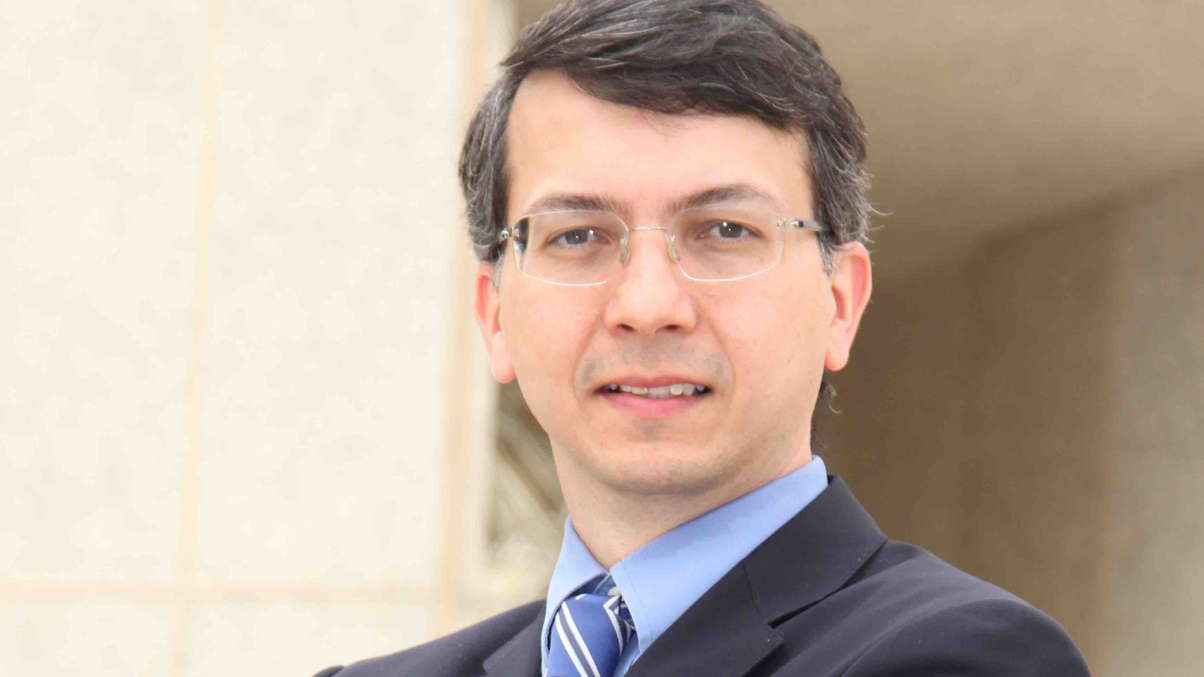Islamic finance expert sets up think tank
Tariq Al Rifai's new organisation will focus on how Islamic finance can help solve debt-related issues in financial markets and encourage the take-up of sharia-compliant investing.

Sharia-compliant investing* is still a relatively nascent practice, but one of which long-standing Islamic finance expert Tariq Al Rifai is a firm advocate.
Sign in to read on!
Registered users get 2 free articles in 30 days.
Subscribers have full unlimited access to AsianInvestor
Not signed up? New users get 2 free articles per month, plus a 7-day unlimited free trial.
¬ Haymarket Media Limited. All rights reserved.


